
When a film or TV project requires a completion bond (insurance guaranteeing it will finish), insurers carefully assess the main actor’s dependability, potential legal issues, and health risks. If an actor seems problematic, insurance costs can increase dramatically or coverage might be denied. This can force producers to abandon the project or impose strict rules, like holding back the actor’s salary or requiring daily health checks. Some actors have even had to personally guarantee the project’s completion or find outside investors to reassure the insurance company. Others have worked to regain trust over time by taking on smaller roles, getting strong recommendations, and maintaining a clean record before landing leading roles again.
Robert Downey Jr.

During the late 1990s and early 2000s, it was difficult for filmmakers to get insurance for him due to ongoing legal issues. For movies like ‘The Singing Detective’ and ‘Gothika’, producers had to hold back part of his salary or personally guarantee the film to secure a bond. Smaller films often filmed quickly and with close oversight to reduce potential losses. Eventually, his reliable work in more recent films rebuilt trust, allowing him to star in major franchise projects.
Lindsay Lohan
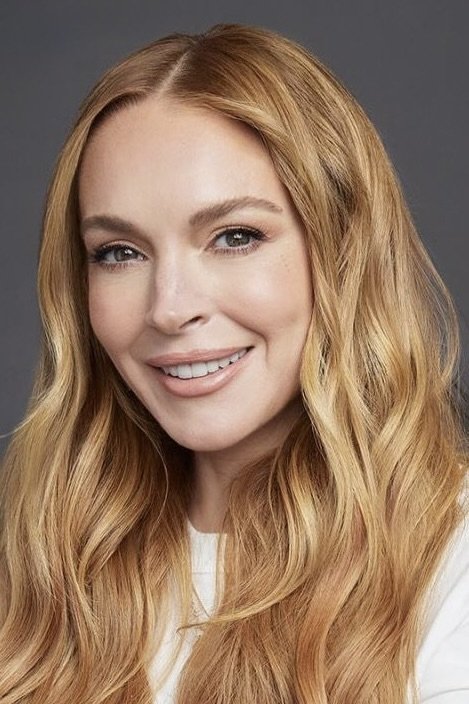
Film studios became worried about insurance costs after reports surfaced of a particular actress frequently missing work and causing problems during filming. On the movie ‘Georgia Rule,’ producers had to formally address her attendance issues, raising concerns within the industry about her professionalism. After that, future projects included strict rules about being on time and present, regular check-ins, and even financial penalties to reassure insurance companies. Working on television shows and smaller independent films helped her prove she was a reliable professional.
Johnny Depp
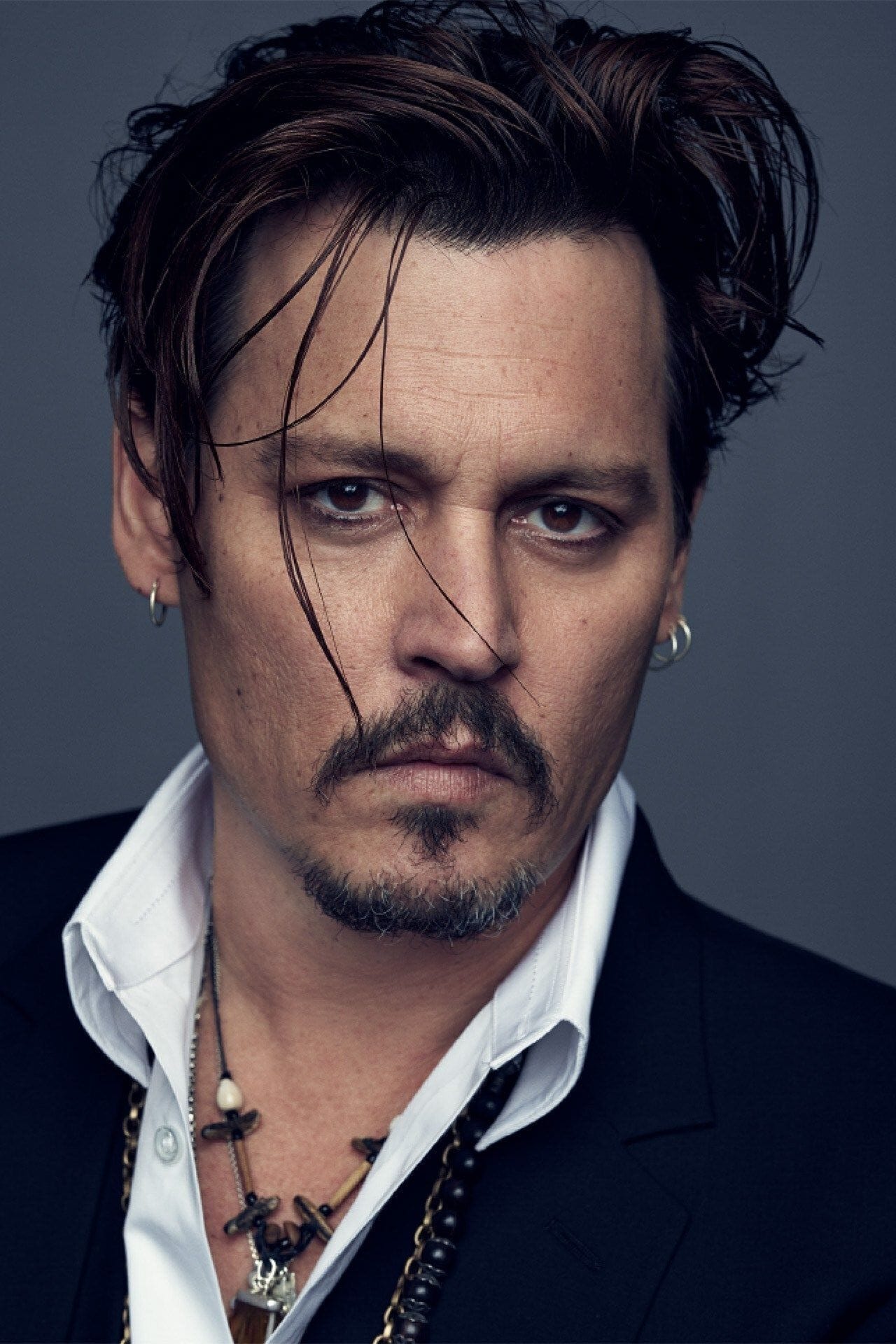
Insurance coverage for film projects became more complex following legal battles and delays that impacted several productions. Insurers paid close attention to the ‘Pirates of the Caribbean’ films due to on-set injuries and problems away from the set. To keep future installments moving forward, producers looked into increasing the amount they’d pay out-of-pocket and adding extra guarantees to their completion bonds. As a result, later projects required detailed scheduling and strict adherence to contract terms to give financial backers confidence.
Shia LaBeouf
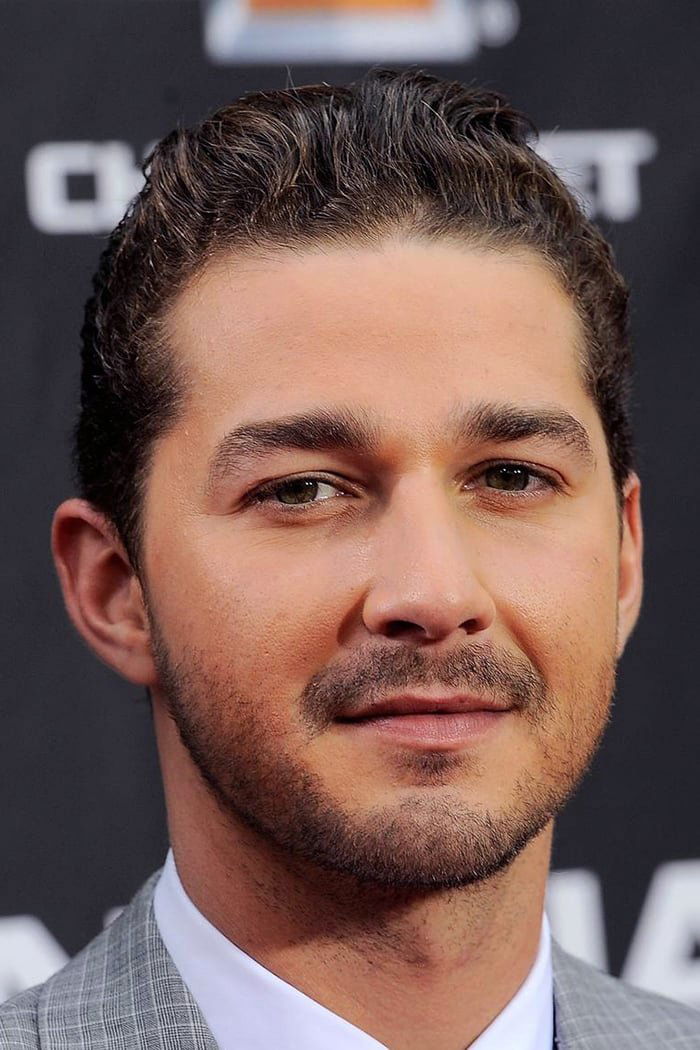
Several public issues and lawsuits led bond companies to reassess their risks. Film productions considering working with him increased monitoring, added strict behavior clauses to contracts, and set up escrow accounts that would be triggered by any problems. For films like ‘American Honey’ and ‘Pieces of a Woman’, smaller, independent productions were sometimes willing to accept unique risk arrangements. Demonstrating they were following the rules and providing regular footage updates helped these projects secure funding.
Mel Gibson
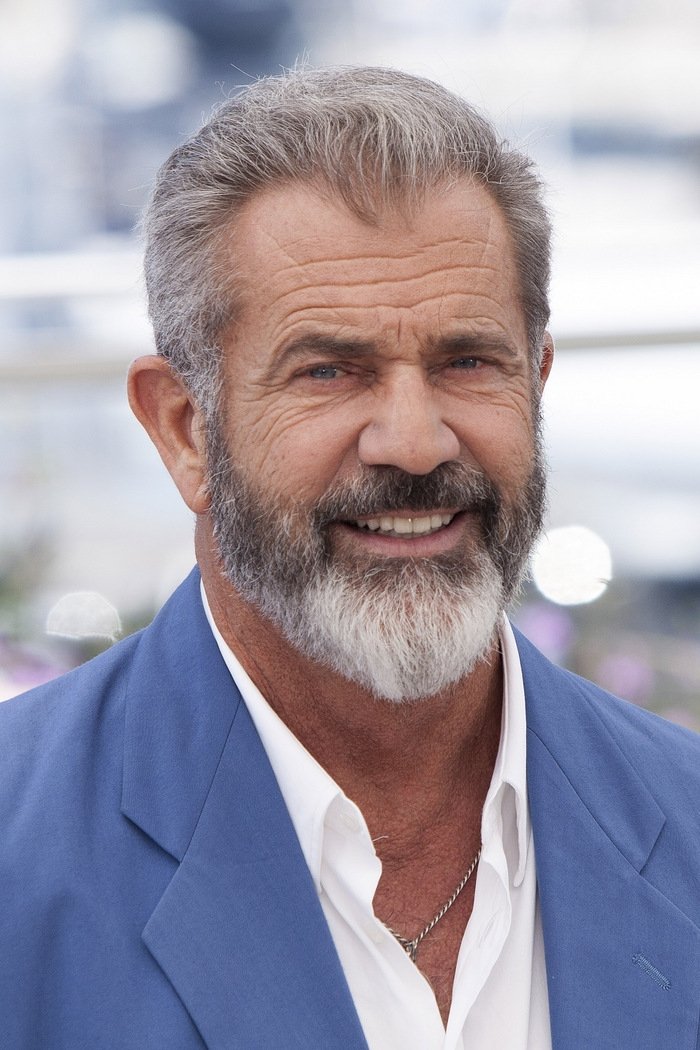
Recent high-profile issues caused insurance companies to hesitate covering large film and television projects, due to concerns about damage to their reputations and potential business disruptions. To keep projects going, filmmakers sometimes relied on independent investors or pre-sales to international markets instead of traditional studio financing. Successful productions like ‘Hacksaw Ridge,’ which proved strong on-set safety and on-time completion, showed insurers that projects could be managed effectively. As a result, securing insurance became easier for future projects with a track record of success.
Charlie Sheen
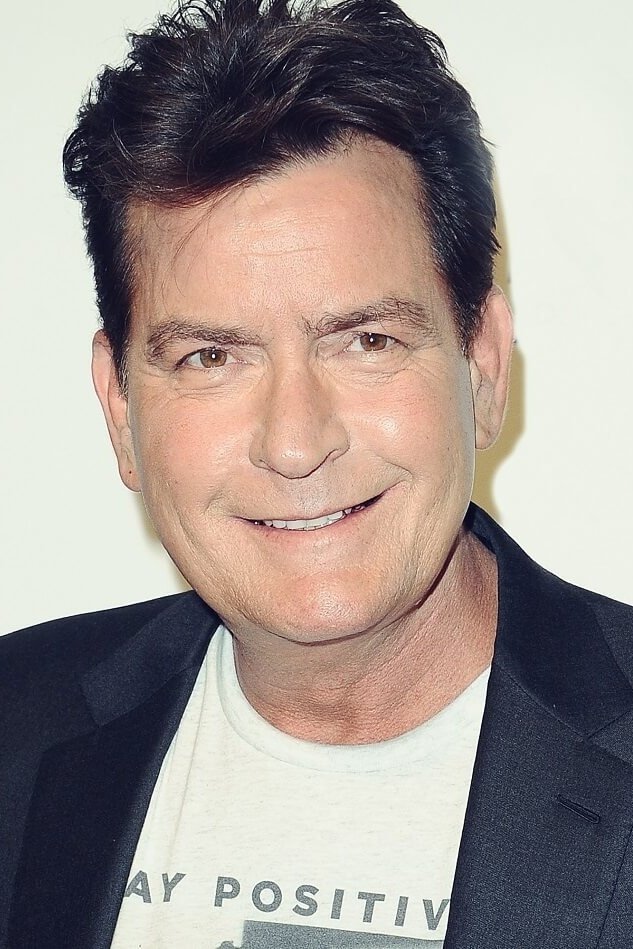
Following a highly publicized conflict and work stoppages, companies providing financial guarantees closely examined the project’s dependability and risk of further delays. During the production of ‘Anger Management’, financial backers used a unique system of episode release – tied to on-set progress – to minimize their financial risk. Contracts were updated to include requirements for cast and crew sobriety and consistent attendance, satisfying the concerns of the insurers. This strategy allowed filming to continue while reducing the possibility of expensive interruptions.
Mickey Rourke
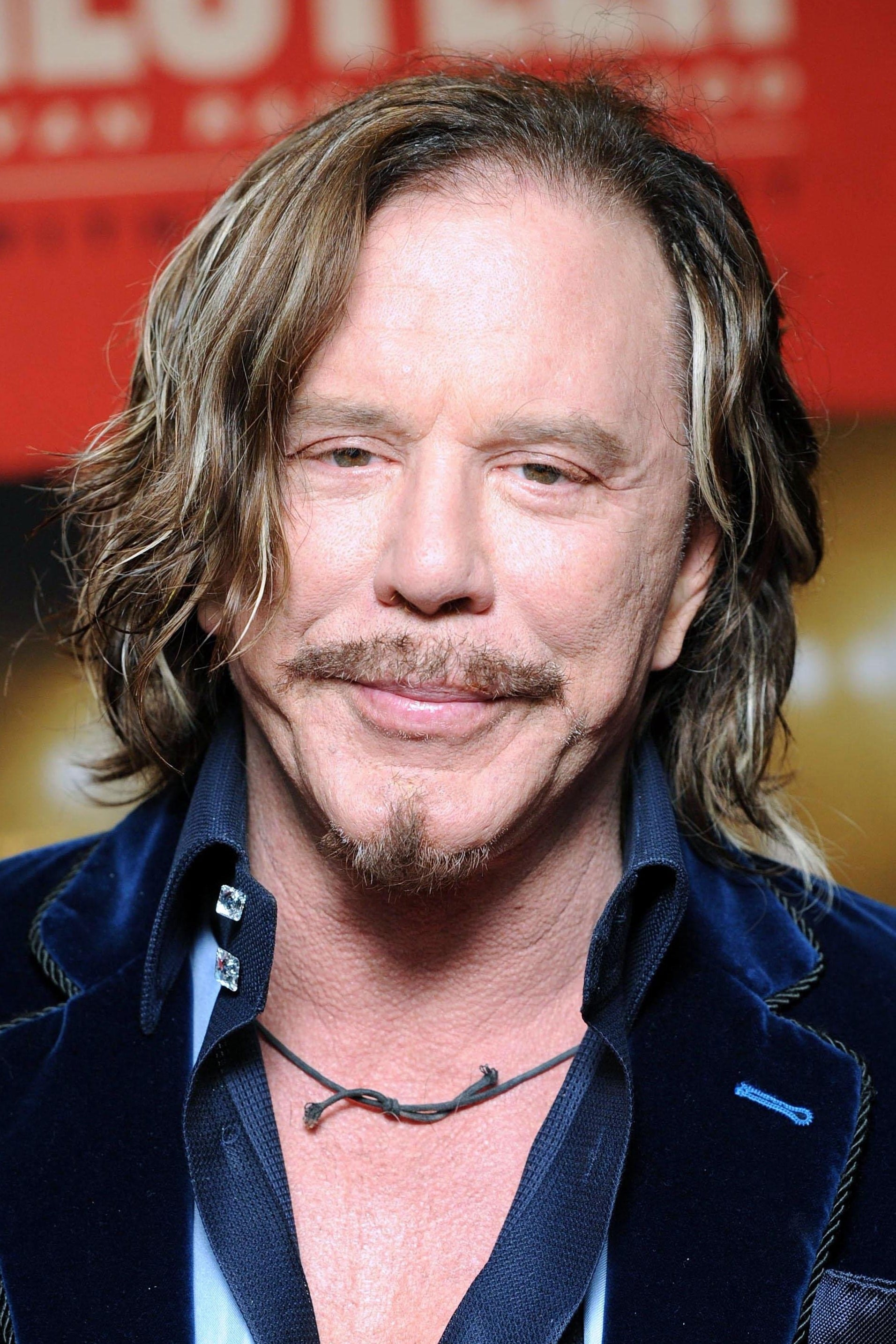
During the 1990s, his unpredictable behavior made it hard to get cast in major studio films. He began relying on independent films and directors who believed in him to revive his career. The success of ‘The Wrestler’, with its positive reviews and his good behavior on set, helped him land new roles. From then on, he received better recommendations and was able to work with more reasonable schedules.
Val Kilmer
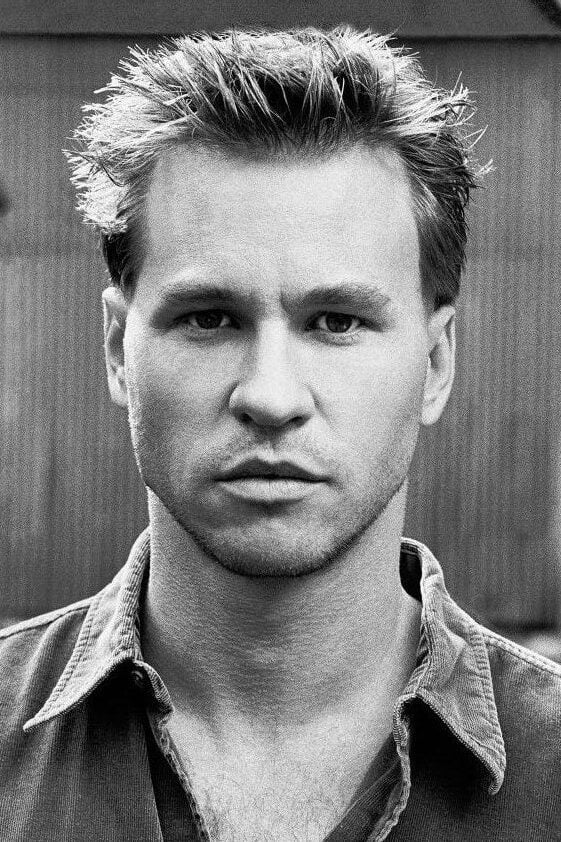
Past issues with challenging film productions prompted some studios to add rules about behavior and stick to tight schedules. When health concerns arose, medical checks and the ability to remove cast or crew became necessary to avoid delays. For ‘Top Gun: Maverick’, careful planning and a limited scope of work allowed the team to bond effectively. By clearly defining what needed to be filmed each day, the production was able to manage costs.
Jean-Claude Van Damme
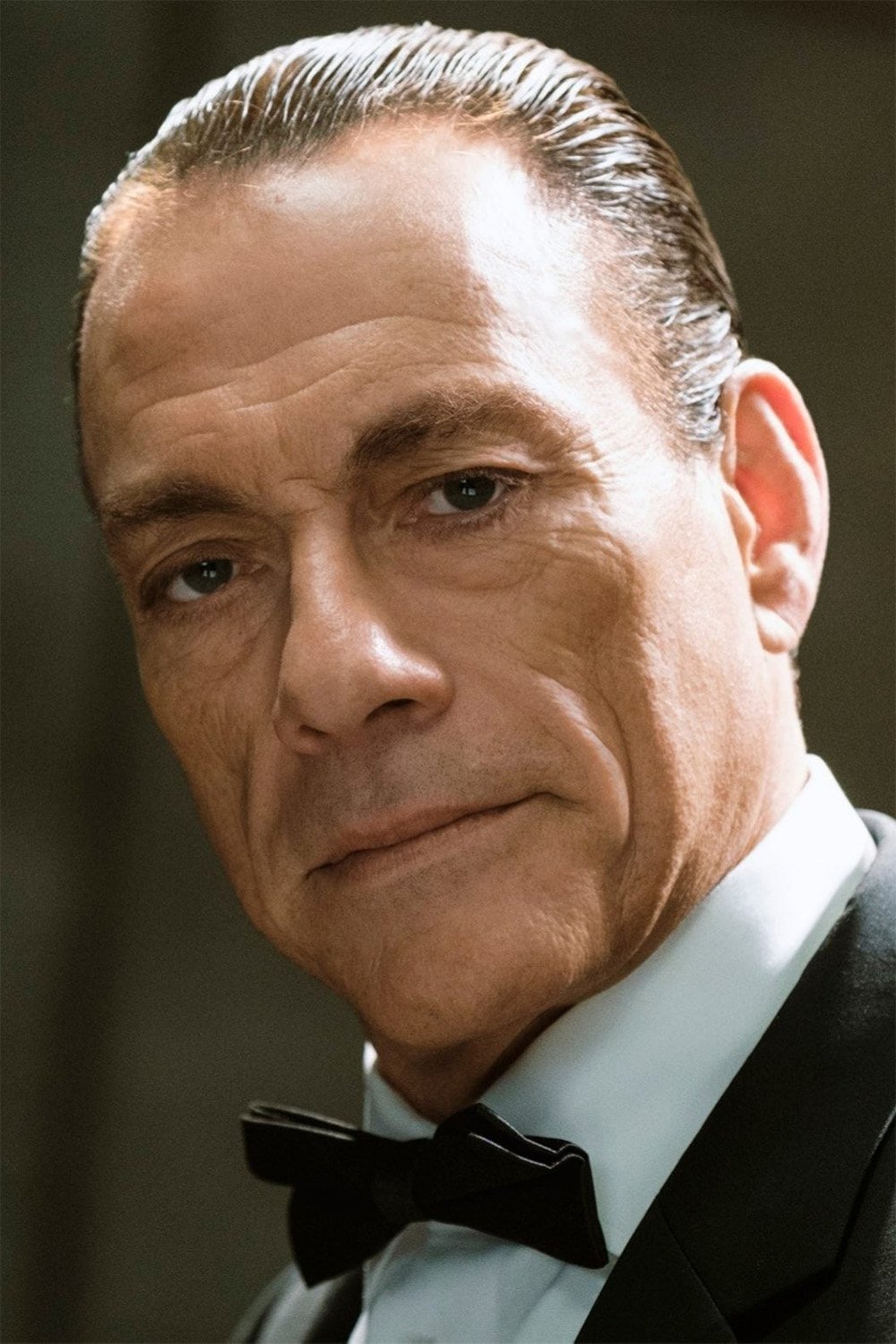
In the 1990s, rising concerns about on-set issues and potential liabilities led to higher insurance costs and made studios more hesitant to fund risky projects. As a result, some action movies were made with smaller budgets and faster shooting schedules to minimize potential problems. Studios increasingly relied on funding from international sources and pre-selling films to foreign markets instead of solely depending on domestic financial backing. Over time, a greater emphasis on safety and professional practices helped to improve insurance terms.
Wesley Snipes

Producers were warned by bonding companies about potential delays and legal problems that could damage a film’s reputation. After actors faced legal trouble, future projects had to adjust insurance policies, adding limitations and requiring strict adherence to rules. Films with large casts, like ‘The Expendables 3’, minimized risk by sharing screen time and needing actors on set for less time. Reliable on-set performance helped rebuild trust and allowed for a gradual return to normal operations.
Ezra Miller

Several legal issues led to a closer look at how big film and TV projects are insured. Studios adjusted their publicity and travel plans to avoid problems during release dates. Insurance companies reviewed their policies to limit coverage for potential delays, and production teams focused on careful planning and security to keep filming on track.
Kevin Spacey
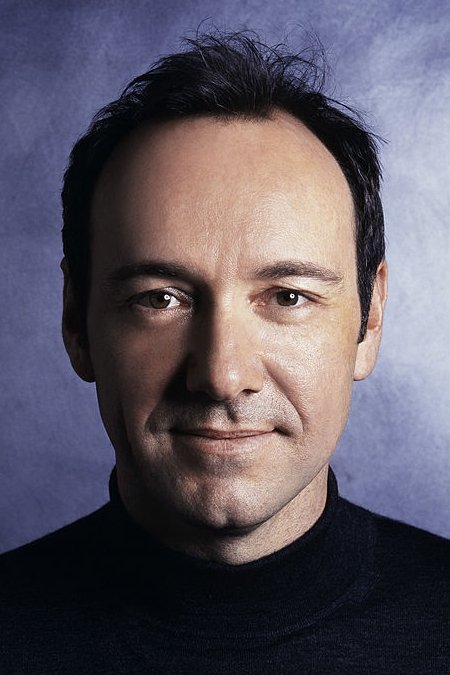
Following serious accusations, several projects experienced disruptions, including cast changes and reshoots. Productions began replacing individuals involved to avoid further issues. Funding for these projects now prioritizes ensuring completion without the involvement of the accused. Later efforts to secure financing for new projects encountered difficulties obtaining the necessary insurance.
Armie Hammer
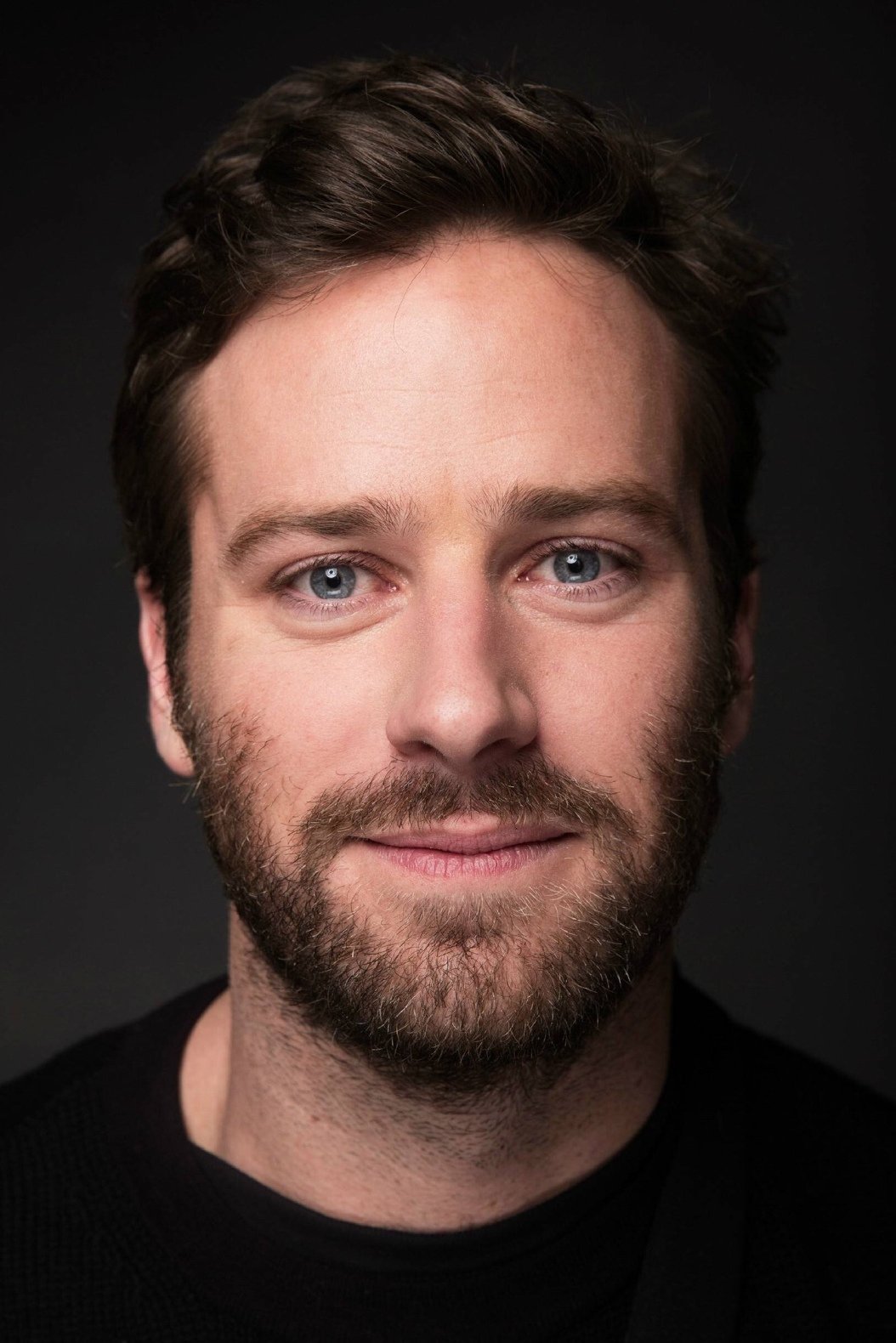
As more and more accusations came out, it really started to shake things up in the movie world. Projects that were already in the works had to rethink everything – from their insurance to how they were going to get the money together. We saw actors being replaced and entire marketing campaigns scrapped, all because studios were worried about bad publicity. Even the companies that guarantee films were getting cold feet, either demanding huge fees or refusing to back projects with certain actors in the lead. A lot of independent filmmakers quickly decided to switch gears and find safer options just to keep their films funded – it was a tough time, and a lot of projects were affected.
Alec Baldwin
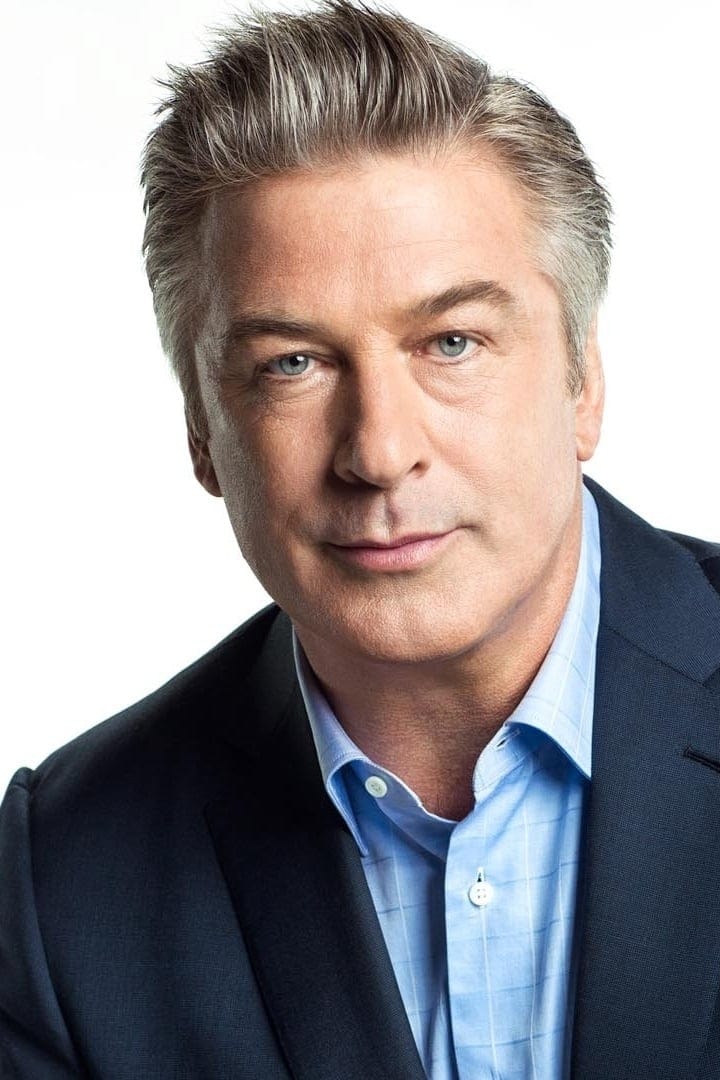
After the shooting on the ‘Rust’ film set, insurance companies began closely examining safety procedures for all productions involving firearms. They looked at things like weapons handling plans, training records, and how well sets were supervised. As a result, insurance policies now often exclude coverage related to guns and live ammunition, and filmmakers are creating more detailed safety reports to get coverage. Discussions with insurers also focused on protecting productions financially in case of investigations or forced shutdowns.
Winona Ryder
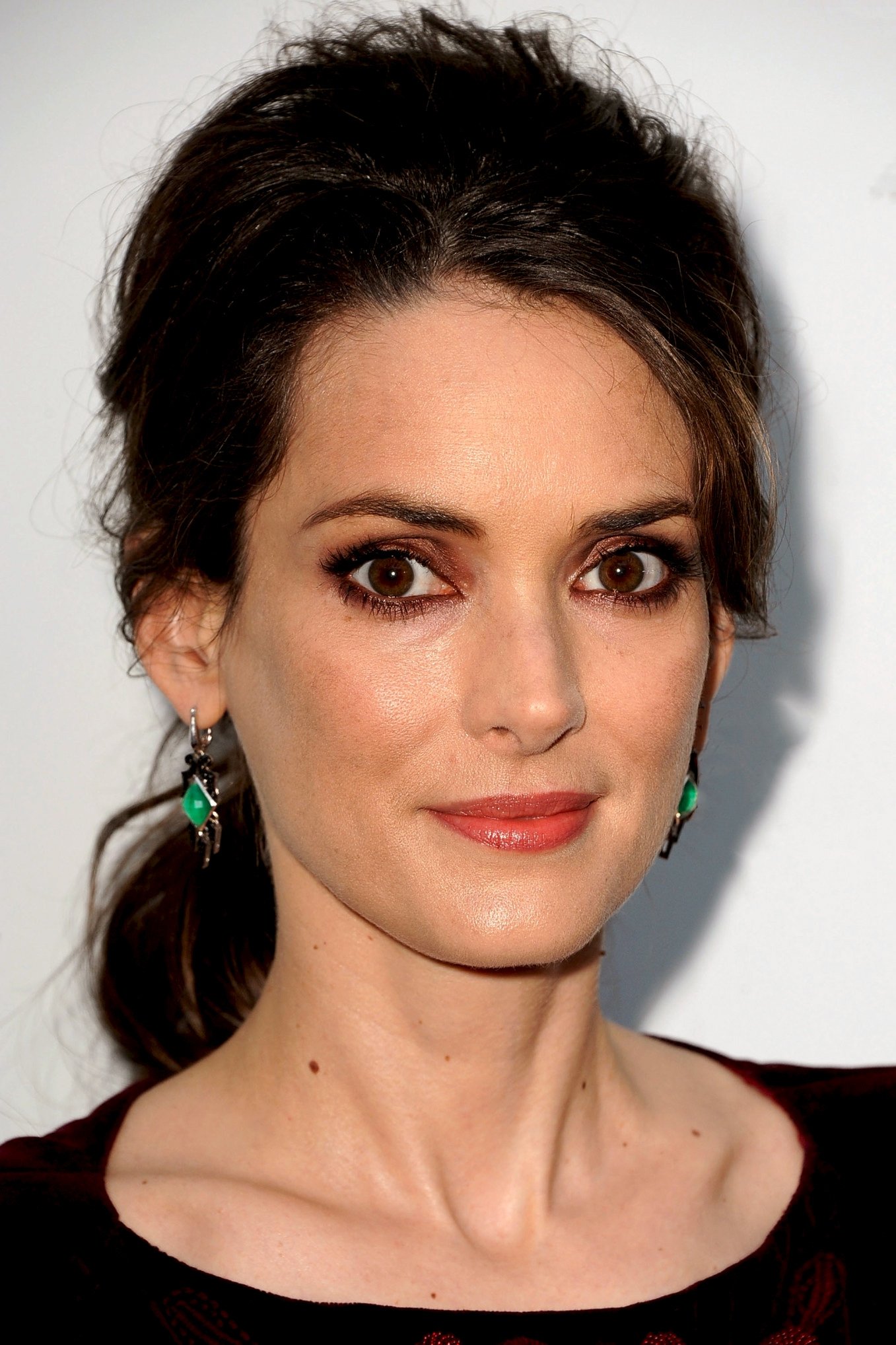
Following a high-profile legal issue in the early 2000s, it became challenging for some projects to secure bonding for her work. She rebuilt trust by taking on smaller roles and consistently delivering reliable performances. The success of ‘Stranger Things,’ with its collaborative cast and well-managed production, made securing coverage much easier. Good feedback from recent projects then helped establish standard terms for future work.
Jussie Smollett
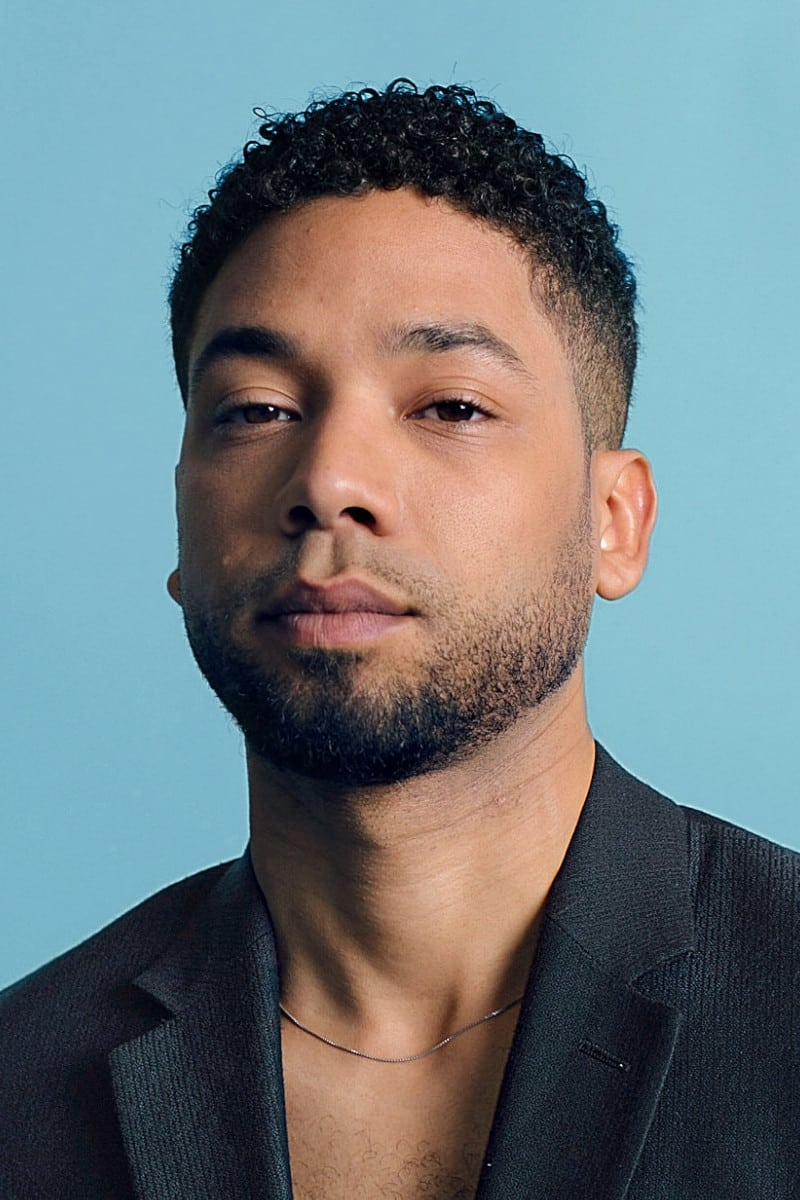
After a criminal case involving a false report came to light, companies assessed the potential damage to their reputation and the disruption his hiring could cause. Insurance experts warned that marketing and distribution could be significantly impacted. Some projects decided to replace him to avoid financial complications. Any future offers were contingent on strict moral conduct clauses and limits on publicity.
Tom Sizemore
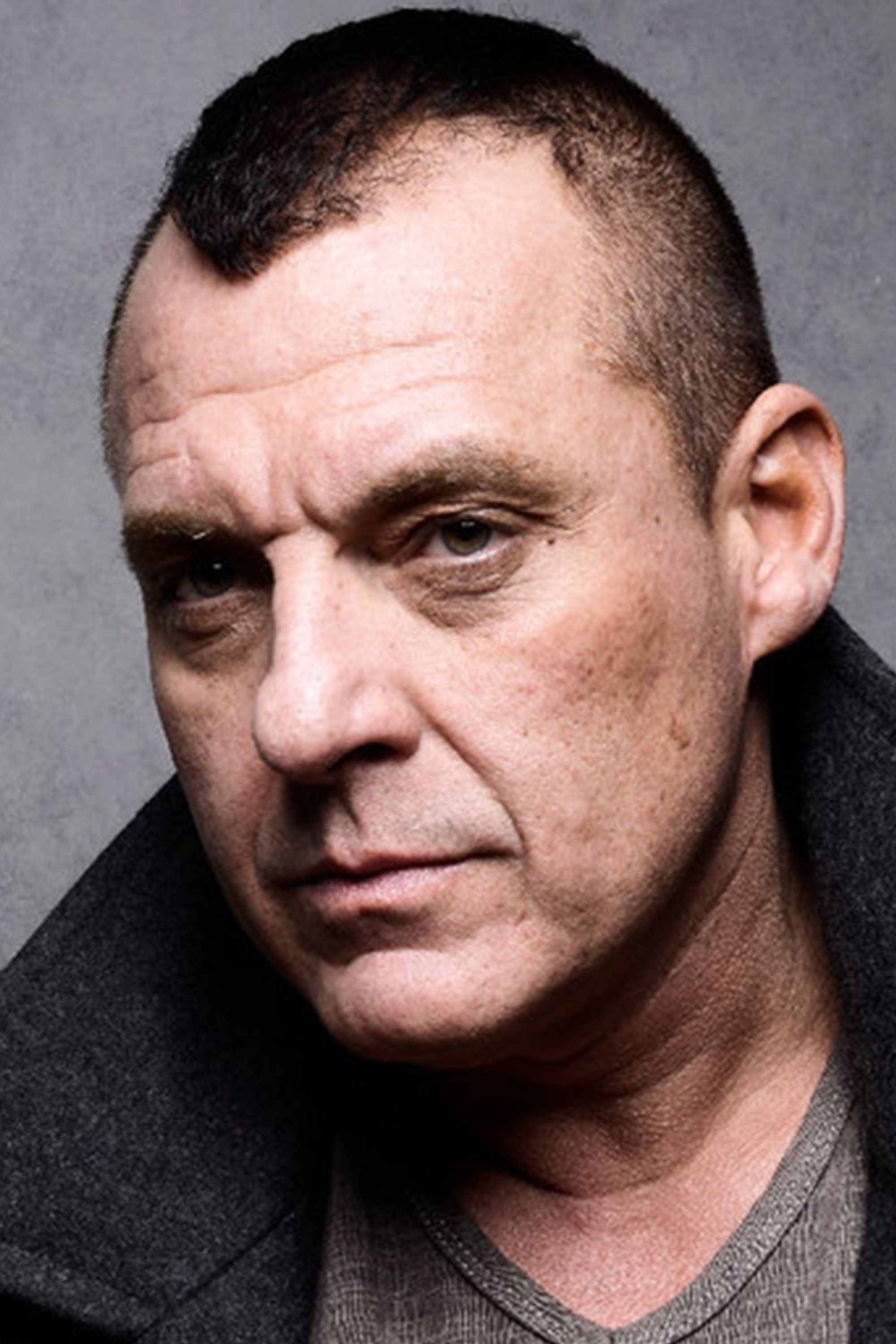
Because of legal problems and incidents involving substance use, insurance companies were reluctant to cover his larger film projects. Producers who did take the risk often had to monitor him closely each day and hold back his pay until the work was completed. He began focusing on smaller, independent films with shorter shooting schedules to minimize potential issues. Consistent, dependable work on these smaller sets sometimes led to opportunities on bigger productions again.
Randy Quaid
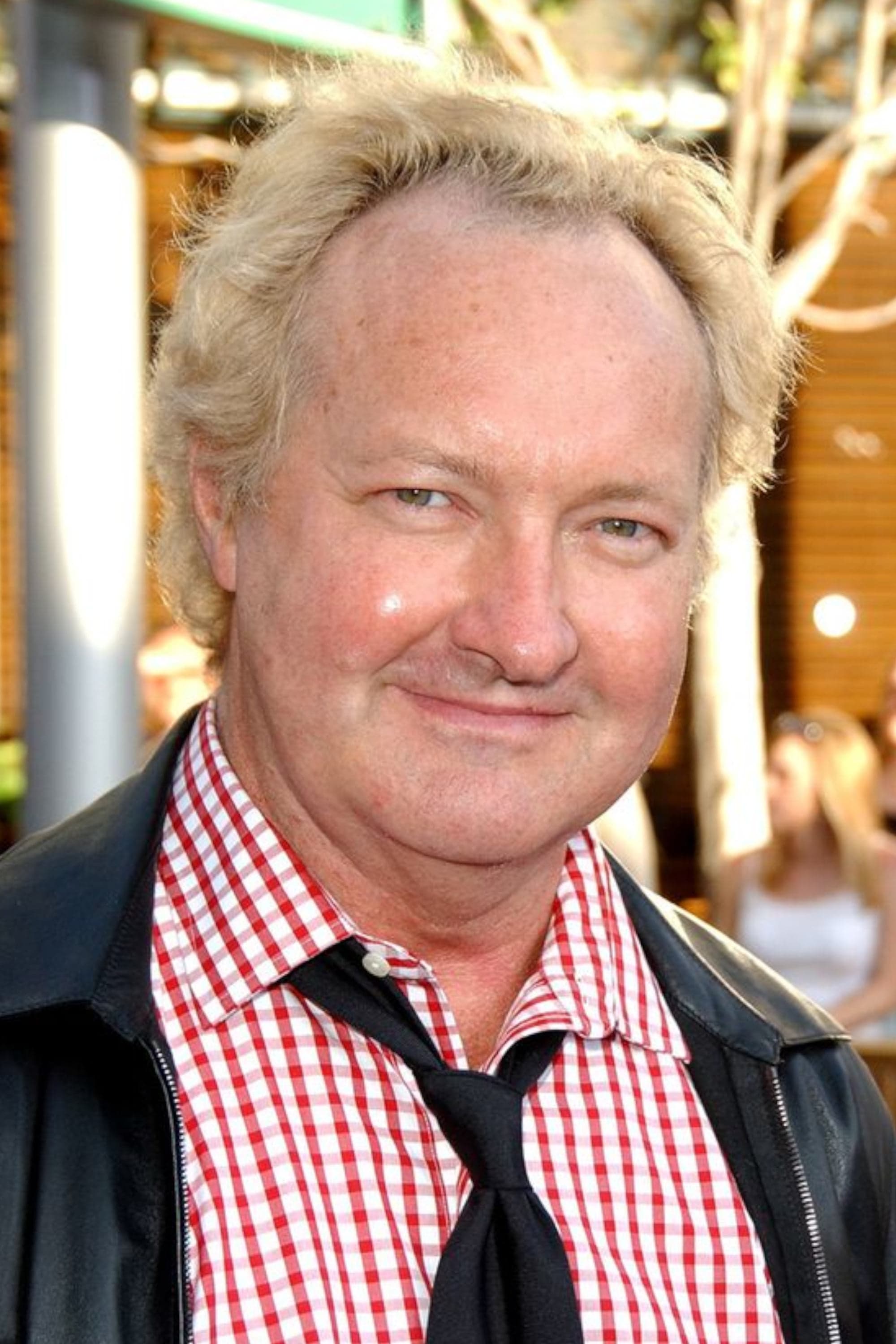
Let me tell you, things got messy for filmmakers trying to get projects off the ground lately. A whole heap of legal headaches and travel restrictions really made it tough to get everyone working together. Then you had the added stress of international projects – figuring out legal stuff across borders, worrying about how actors would look, and making sure contracts were actually enforceable. Some of the financing deals I saw tried to dodge too many risks, making them totally unworkable. Honestly, all this meant big studios started pulling back their offers – good projects were getting harder and harder to find funding for.
Corey Haim
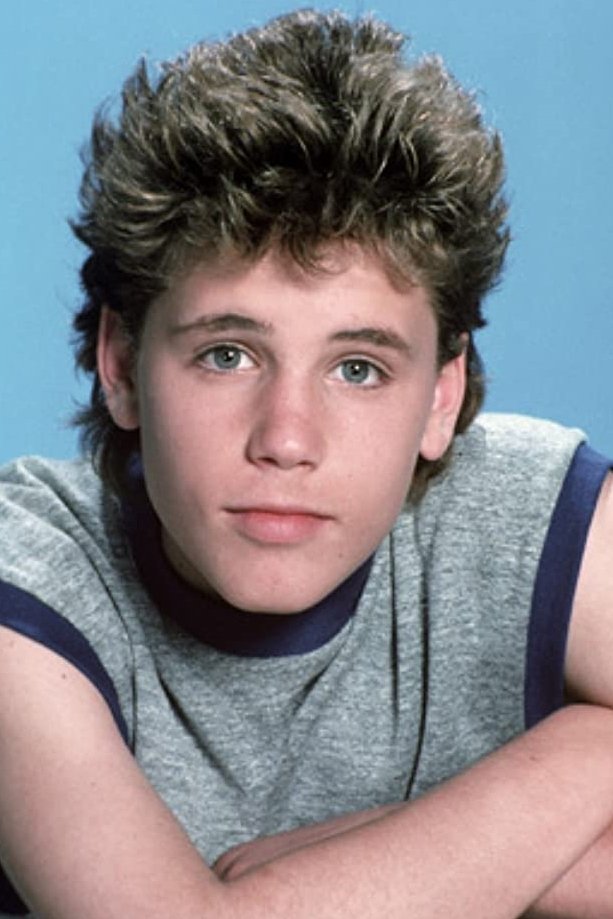
During the later part of his career, his personal health and battles with substance use made it challenging to ensure projects were finished on time. Producers considering him for roles had to factor in expensive insurance and extra time for potential delays. Often, his parts were made smaller or given to other actors to safeguard production schedules. He was still able to work on some projects independently, but with very close supervision.
Jonathan Majors
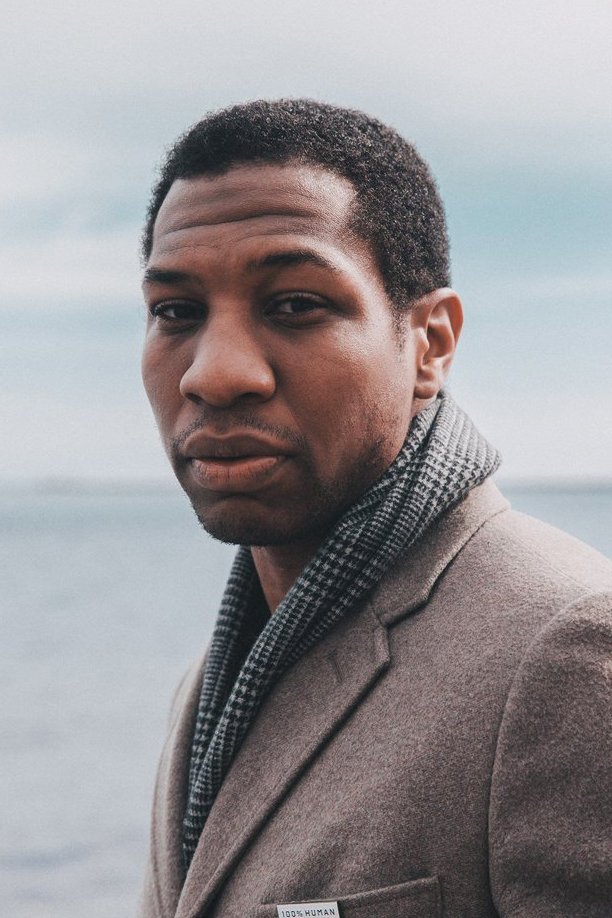
Following legal troubles and the resulting damage to his reputation, it became difficult to get projects involving him approved. Insurance companies worried about delays caused by the ongoing legal issues and potential harm to a film’s distribution. Those working on upcoming projects had to reconsider marketing strategies and explore options for ending contracts. If anyone decided to work with him again, they would likely need to include very strict conduct requirements in the contract and plan the release carefully.
Let us know in the comments which cases stood out to you the most, and if you can think of any others that should be included.
Read More
- Gold Rate Forecast
- 2025 Crypto Wallets: Secure, Smart, and Surprisingly Simple!
- The 10 Most Beautiful Women in the World for 2026, According to the Golden Ratio
- Top 15 Insanely Popular Android Games
- ETH PREDICTION. ETH cryptocurrency
- HSR 3.7 story ending explained: What happened to the Chrysos Heirs?
- Games That Faced Bans in Countries Over Political Themes
- Best Ways to Farm Prestige in Kingdom Come: Deliverance 2
- ‘Zootopia+’ Tops Disney+’s Top 10 Most-Watched Shows List of the Week
- When Wizards Buy Dragons: A Contrarian’s Guide to TDIV ETF
2025-11-14 07:16